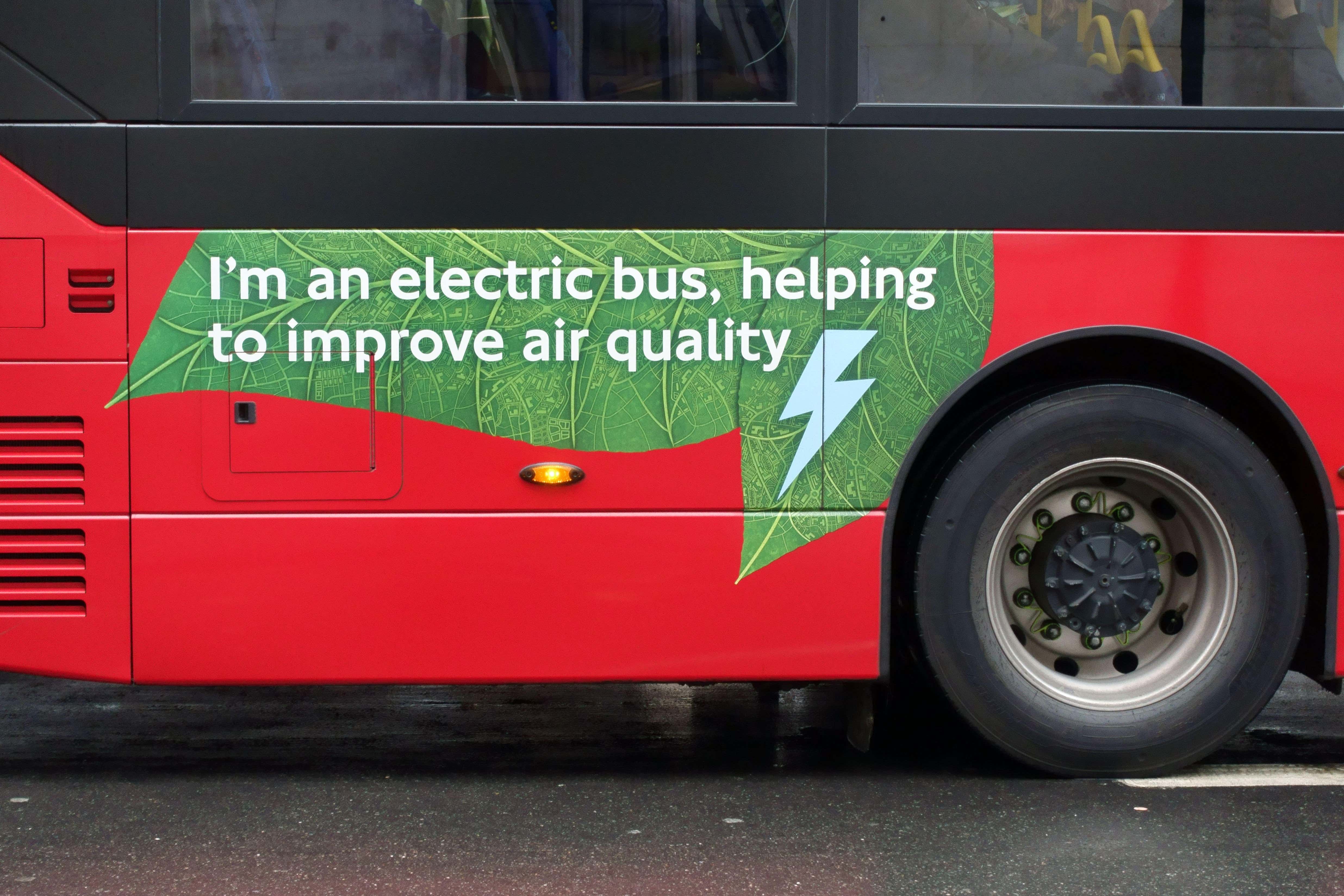Government allocates millions in funding for new electric buses – here’s where
Twenty-five councils across England have been awarded a share of £143 million to purchase a total of 955 zero-emission buses

Funding for nearly 1,000 new electric buses has been allocated by the Government.
Twenty-five councils across England have been awarded a share of £143 million to purchase a total of 955 zero-emission buses.
Rural areas have been prioritised, as part of the Government’s plan to improve local transport connections.
Some of the most rural parts of the country will get electric buses for the first time through the investment, the Department for Transport (DfT) said.
The South West is the region with the biggest allocation of funding at £43.4 million, which will support the rollout of 352 zero-emission buses.
The announcement brings the total amount of funding awarded from the DfT’s Zero Emission Bus Regional Areas (Zebra) programme to £413 million.
Transport Secretary Mark Harper, who visited a bus depot in Cheltenham on Thursday, said: “As part of our plan to improve local transport across the country, we’re providing a further £143 million to improve journeys for bus passengers, particularly in rural areas, with almost 1,000 brand-new, zero-emission buses due to hit the road.
“This latest investment into our bus fleet comes on top of the £3.5 billion we have invested into our bus network since 2020, protecting and improving bus routes into 2025 as well as extending the £2 bus fare cap until the end of 2024, made possible by reallocated HS2 funding.”
The DfT said zero-emission buses were “cleaner” than conventional diesel models, helping to “improve local air quality both for bus users and local communities”.
They also had features such as wifi and USB charging sockets, the department added.
Alison Edwards, director of policy and external relations at industry body the Confederation of Passenger Transport (CPT), said: “CPT welcomes this support from Government to help accelerate vital public and private investment in new zero-emission vehicles and charging infrastructure.
“The transition to a zero-emission bus fleet is a huge opportunity for Britain to lead the world in creating a modern, zero-emission bus network that offers a growing number of passengers one of the most sustainable forms of transport.”
– This is the total amount of funding awarded to councils in each region:
North West £9.4 million
North East £14.8 million
Yorkshire and the Humber £5.7 million
East Midlands £25.4 million
West Midlands £7.4 million
South West £43.4 million
South East £30.2 million
Bookmark popover
Removed from bookmarks